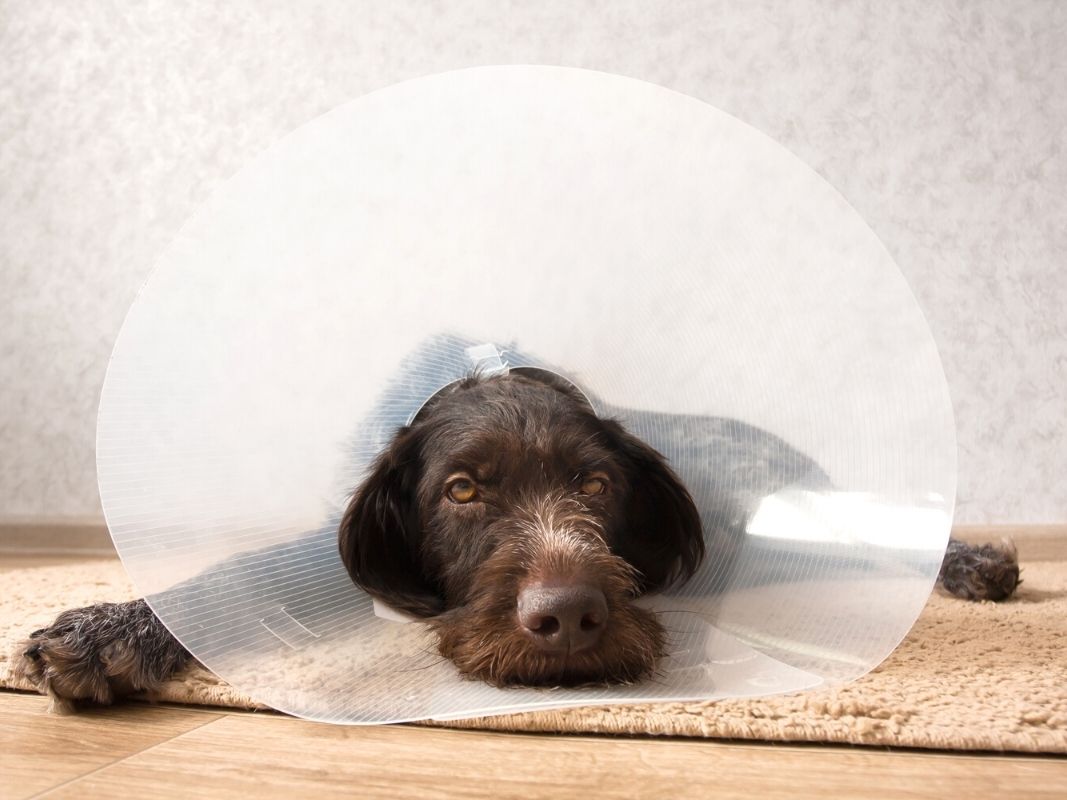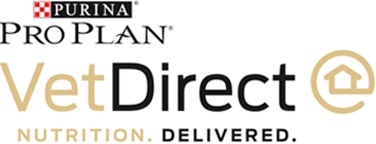|
Surgeries are intended to heal. Even so, they can still be traumatic for the body. That’s why doctors put so much emphasis on things like post-surgery physical therapy for people. For a complete recovery, we need to allow our bodies time to heal after surgery, or else we can aggravate our condition. Unfortunately, it isn’t exactly possible to explain a post-op surgery plan to a dog, which can put your dog at risk of hurting themselves after an operation. If you’re asking yourself, “What can I do to help my dog after surgery?” don’t despair. There is plenty you can do to ensure a speedy recovery for your canine companion. Reintroduce Food SlowlyYour vet will give you a plan for reintroducing food that is specific to your pet. In general, your dog will likely take at least 24 hours after their surgery to regain their full appetite. In the meantime, it’s a good idea to give them smaller helpings of their normal food or offer them foods that are easier to digest, such as plain chicken and rice. Whatever their food choice, you should be diligent about giving your dog water in the hours following their surgery. Just keep an eye on them when they’re drinking. Some dogs have been known to fall asleep while drinking water, which can be dangerous if their heads land in the water. Limit ActivityRest is essential after surgery, both because it allows the body to recover and because it prevents your dog from reopening incision areas. You may need to change some factors in your dog’s lifestyle to promote this. For example:
Avoiding long walks doesn’t mean removing outside time altogether. In fact, post-surgery dogs often need to urinate more frequently, so you may need to take your dog out more often. However, be sure to do so briefly and with a short leash. Keep an Eye on the Incision SiteEven if you are keeping activity to a minimum, it’s still possible for the incision area to be compromised. As a pet owner, you will need to remain vigilant for any changes in this area, such as:
Beyond putting a cone on your dog, preventing incision area infection may require regularly cleaning the wound. If this is the case, be sure you consult your vet for proper cleaning techniques. Follow UpOne of the best things you can do for your pet after surgery is to keep up with their follow-up appointments. Your veterinarian will be able to inform you about whether your dog is recovering well or if there are any complications that need to be addressed. If you live in the Antelope Valley, our specialists can offer your pet top-of-the-line care before, during, and after their operations, including common procedures like canine TPLO surgery. Your dog will be back on their paws in no time.
2 Comments
3/14/2022 06:48:47 pm
My favorite part of this article is the importance of limiting your pet to do the daily activities he is doing. My sister mentioned to me that she is planning to consult a veterinarian because her pet is not able to walk properly and asked if I have any idea what is the best option to do. Thanks to this informative article and I'll be sure to tell her that she can consult a well-known veterinary clinic as they can provide good care for her pet.
Reply
Elizabeth wilcox wagner
8/18/2022 02:33:58 pm
I want to thank you all for the very friendly service from veternarian , receptionist and especially to john the vet technician for being kind and informative. Our kitten Kloe was spayed ,chipped and vaccines . She is healing good. Thank you all !!! From the Wagner’s
Reply
Leave a Reply. |
AuthorAntelope Valley Medical Center Team archives
June 2024
Categories |


 RSS Feed
RSS Feed
